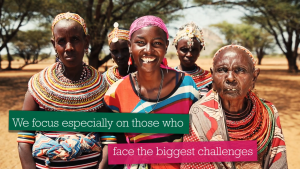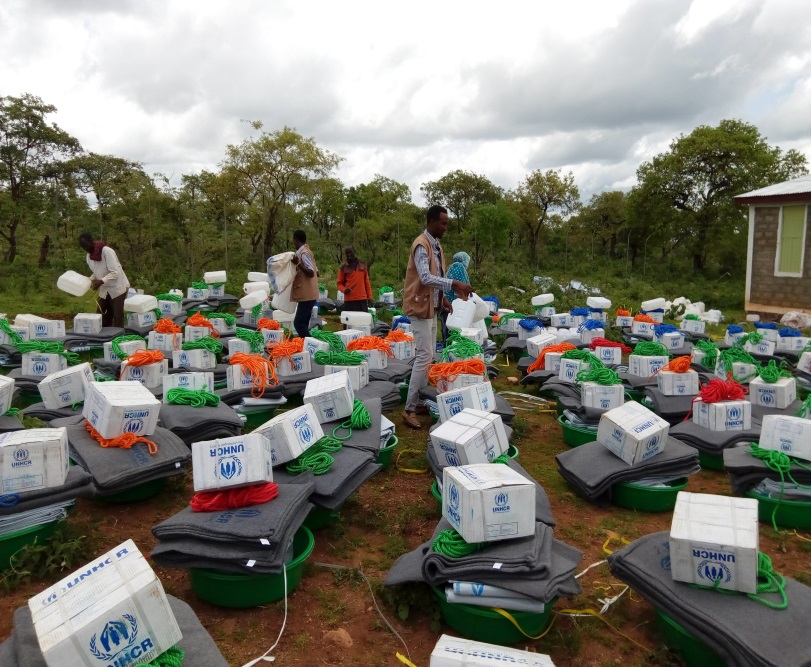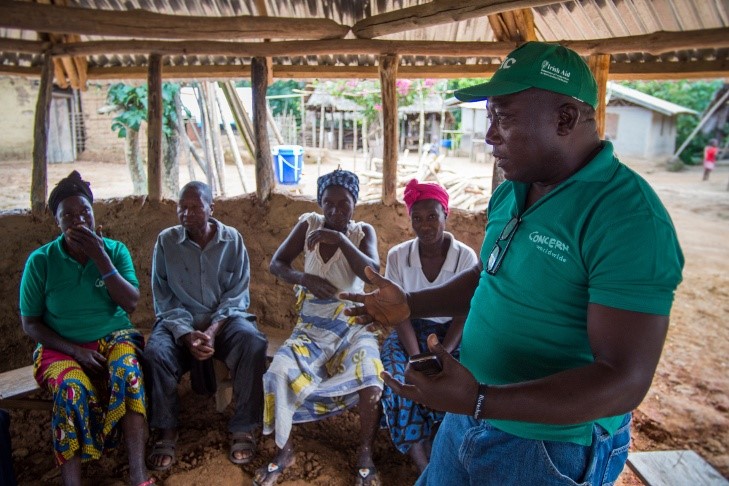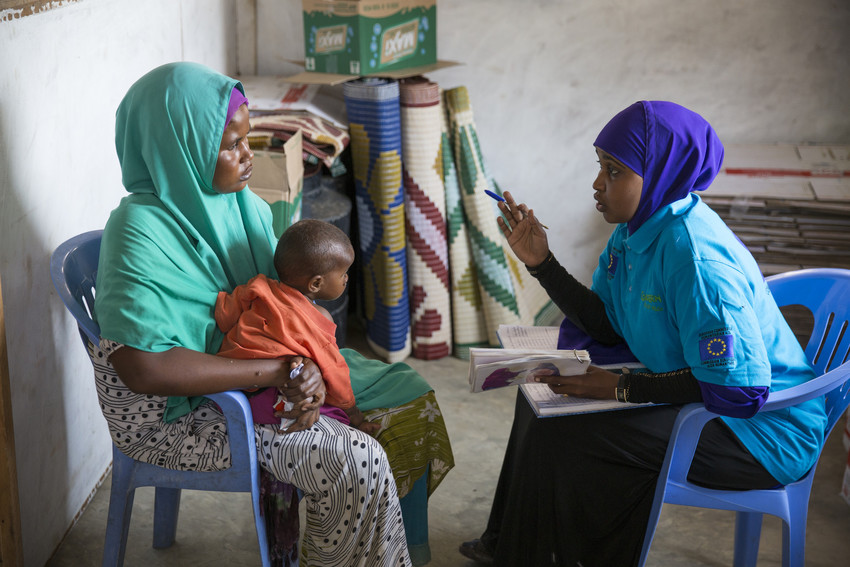Member of the Month: Concern Worldwide
This month we are putting Concern Worldwide in the spotlight. As a member of the CHS Alliance and Ireland’s largest humanitarian organisation, Concern continuously strengthens and expands systems and processes to ensure accountability across its programmes.
In October 2017, following a rigorous external audit process including country visits to Liberia and Burundi, Concern was certified against the Core Humanitarian Standard on Quality and Accountability (CHS), being the first Irish agency to do so.
In the run-up to certification, Concern decided to conduct self-assessments against the implementation of the Nine Commitments of the CHS in all their countries. Based on the findings, each of the country programmes then developed their own improvement plans against which they report as part of their annual reporting process. Undertaking self-assessments was considered to be a useful exercise to help prepare for certification and share learning across the whole organisations.
“The self-assessment processes provided us with detailed information on the wide array of tools, systems and approaches used to ensure accountability across the board,”
– said Kai Matturi, Programme Knowledge and Learning Adviser, Concern Worldwide. In this issue, Concern shares its findings made in Ethiopia, Liberia and Somalia, and the subsequent positive changes that have been made.
We are also bringing to you two video messages by Dominic MacSorley, Concern’s Chief Executive Officer and Samuel Fox, Senior Advisor, Programme Approaches and Learning Unit. Dominic, in his video, celebrates the organisation’s strong commitment to accountability, which has always been at the core of their work, while Samuel talks about how the CHS ensures accountability in the field.
“When it comes to accountability, there are no shortcuts and it is everybody’s responsibility. Here is the great thing, it is not a checklist in Concern. It’s now being infused in our culture,”
– says Dominic. “Everywhere I go in Concern – whether it’s a refugee camp, whether it is an internally displaced camp or whether it is a remote village on top of a mountain – I know there will be a mechanism so that the community can either make a phone call or put something in a suggestion box and it will be acted upon. And that’s only one of the mechanisms that we use.”
Accountability being at the heart of Concern, the buy-in to the CHS at all levels, from country programmes to senior management at the headquarters, has been exceptionally strong from the early days.
 |
| Would you like to know how a simple tool, community conversation can bring change? |
Concern is particularly proud of their policies and practice, namely: protection of programme participants; anti-fraud and whistle-blowing; and thorough and participatory programme design through the contextual analysis process and the organisation’s Poor-Vulnerable Index. All these were recognised as great successes within the framework of the CHS third-party audit.
Among others, Concern is particularly keen to improve their ongoing work on appropriate and effective Complaint and Response Mechanisms (CRM), in line with Commitment 5 of the CHS, and increase their efforts to provide feedback to communities at all stages of their Programme Cycle Management System.
We would like to thank Carol Morgan, Concern’s focal point for the CHS, Nina Gehm and Kai Matturi for their precious help in coordinating and compiling this ‘Member of the Month’ issue with their colleagues in Africa.
Establishing effective and appropriate community feedback mechanisms in Ethiopia
In this case study, you can learn how Concern Ethiopia listens to the views and voices of affected communities and ensures that these are captured in two regions, Somali, which is affected by the triple challenge of drought, flood and inter-communal conflict, and in Gambella, where around 356,000 refugees are sheltered.

Using community meetings to discuss annual reports in Liberia
Concern is present in Liberia since 1991 responding to various humanitarian needs. To strengthen accountability to the affected population, the results of reporting are shared and discussed with programme participants and involved communities using different methods.

Digitalising Complaints Response Mechanism in Somalia
In a bid to improve its Complaints and Response Mechanism (CRM), Concern Somalia decided to digitise the process through the use of Digital Data Gathering. This led to the generation of real-time information which had to be handled in a well-coordinated manner in order to deal appropriately with sensitive and non-sensitive issues.

